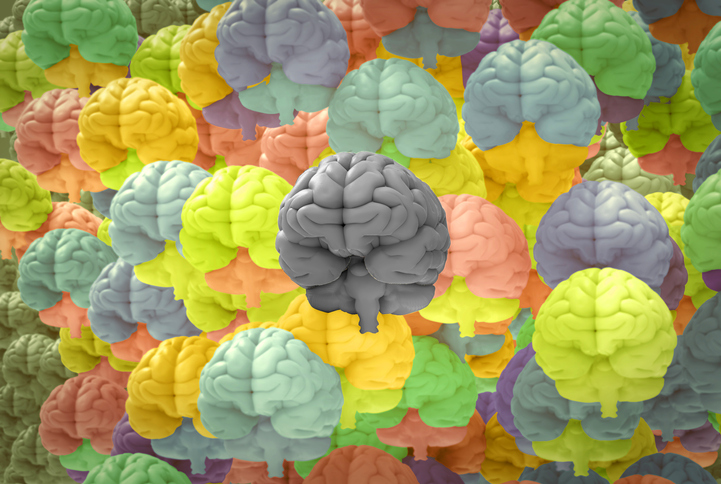The Enneagram has become quite popular in the past five years, with its nine basic personality types. What makes the Enneagram different is that a person’s dominant type is completely determined by their motivation, not their behavior. All of our personality characteristics don’t necessarily determine our Enneagram type because it always goes back to the why of our choices. This makes it an incredible tool for observing ourselves and bringing awareness to our behavior.
The question I’m asked most often is, “I know my type, now what do I do with it?” That is such a good question because simply knowing your type does not actually bring any change. There are essential ways that learning our Enneagram type opens us up to growth and transformation if we are ready.
Inviting curiosity
When was the last time you really stopped and wondered why you do what you do? Or why your partner, friend or co-worker does what they do? The practice of becoming more curious about ourselves and others opens us up and expands our perspectives in the best way possible. Condemnation or criticism has a difficult time standing next to curiosity. They aren’t very compatible. When we invite curiosity into our day-to-day lives, we automatically communicate to our minds that we are going to be less critical.
Nonjudgmental observation
For most of us, practicing curiosity can make us aware of tendencies that we don’t love to see. We may realize that we are serving others in order to get something in return. Or maybe we think we are being vulnerable in our relationship when what we are really doing is using transparency as a shield so that we never have to be vulnerable. Whatever tendency floats to the top, the practice of the Enneagram encourages us to participate in nonjudgmental observation – noticing these tendencies and bringing it back to curiosity. This is an incredibly helpful tool to sharpen on a regular basis. The less judgment we hold for ourselves, the less judgment we will have toward the people we love and the environments we operate in. When judgment takes up less space, then we can fill that space with something more joyful, less heavy and more inviting.
Practicing compassion
Compassion in this context is a feeling of deep empathy, understanding where someone is coming from and bringing your consciousness near to the pain or difficulty that others are experiencing. Learning about why we do what we do, getting curious about it and then suspending judgment opens an opportunity to practice compassion. Practicing compassion improves our relationships across the board and creates space for connection and understanding. Every relationship in our lives – from the one we have with ourselves, to the relationship with the person bagging (or delivering) our groceries – is made richer and more connected when we bring a compassionate perspective to the table.
The Enneagram has been used in many ways by many people over the years, but my biggest desire as a therapist is to witness people use it as a tool to completely transform the way they see the world and their relationships.






